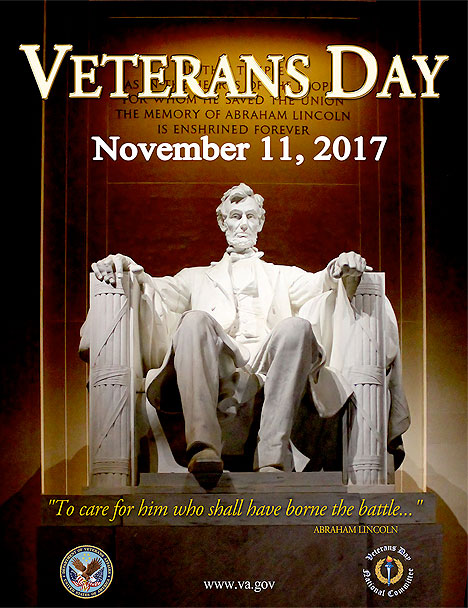Two score and four years ago, my uncle returned from the Vietnam War to being ‘cursed, ridiculed’ and possibly assaulted because we blamed the soldiers for our government’s execution of foreign policy. And I do mean ‘our’ government, since, for better or worse, our government is of, by and for the people. We did this. There is no one else we can blame.
In the intervening decades until his retirement in 1998, he returned from other wars to a very different homecoming. For that, I’m eternally grateful. By the time he returned from both Gulf Wars, I was no longer in the second grade where I was oblivious and sheltered from world events, but during a time when I had children of my own in grade school whom I wanted safe and sound.
For his service and sacrifice, he has my gratitude. As do all his contemporary veterans.
War is an unpleasant business. Some wars are necessary; some are not. Regardless, it is terrible to send our sons and daughters to kill or be killed. But, until we learn not to practice war anymore, I’m happy that America has learned not to blame those sent for being sent.
— Col. Ronald Andrea, USAF, Retired

